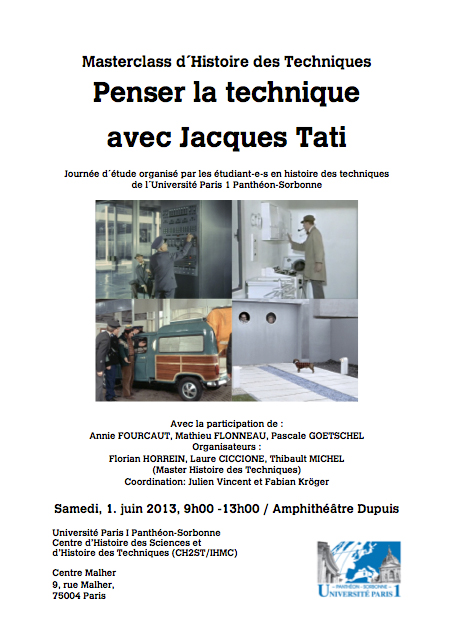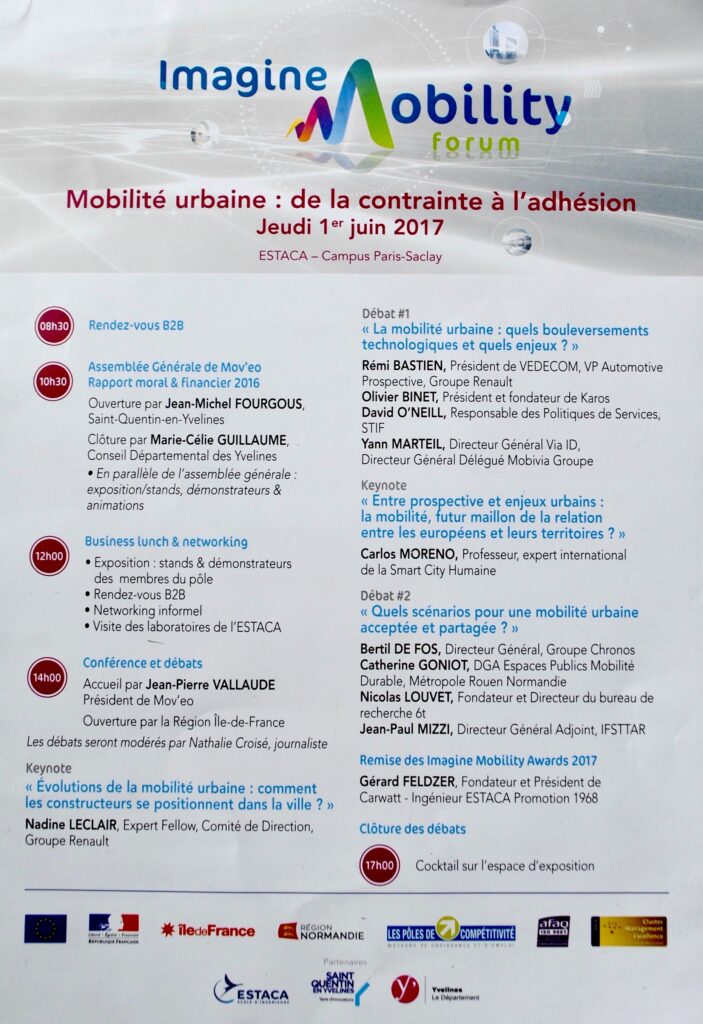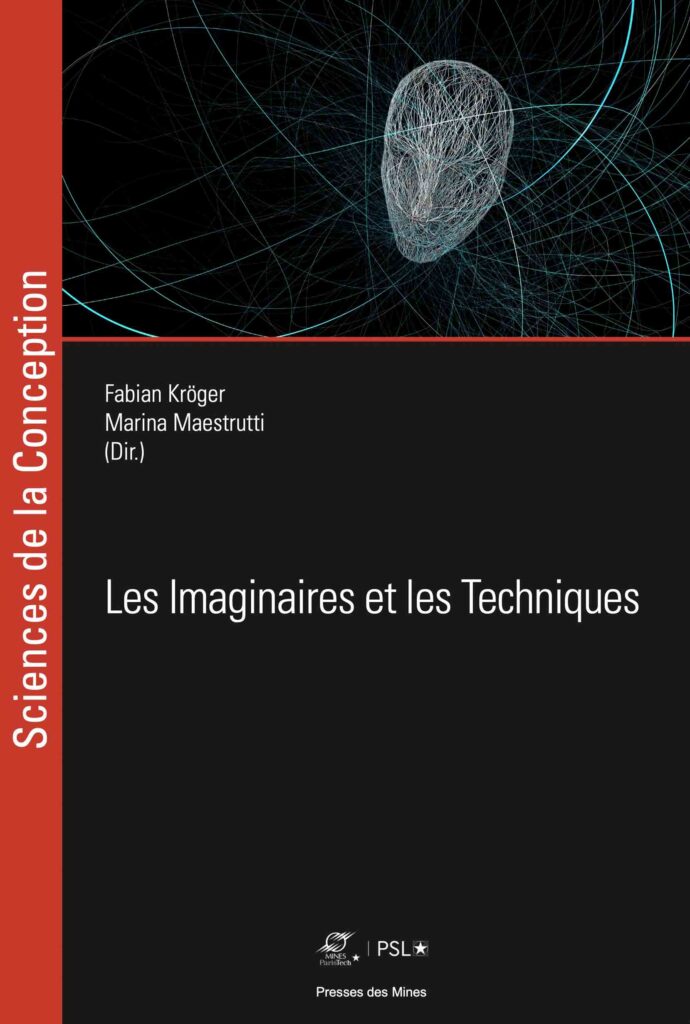
Each year, the history of technology students at the University of Paris 1 Panthéon-Sorbonne organize a “masterclass”. These conferences aim to develop a thematic reflection between students and confirmed researchers.
This year our masterclass proposes to “think technology with Jacques Tati”. Its aim is to question the place of technology in the work of the film director.
Jacques Tati (1907-1982) shot most of his six feature films during the “Trente Glorieuses”, the advent of the consumer society in France. This period witnessed an increase in the number of technical objects in the daily life of French households: the television, the car and household appliances can be considered as flagship objects of the technicism of post-war material culture in Europe.
Tati questions the cultural functioning of these techniques, the way they were integrated into the society of that time. His cinematographic work shows that the primary function of technology is the representation of a social status. Technology is a fact of class.
From an anthropological point of view, Tati is astonished in his films that man bends to technology. The technique loses its prosthetic character, it is not any more an extension of the man but the man becomes an extension of technology. He follows the arrows.
An important question of our masterclass concerns the differences between artistic knowledge and the knowledge of academic research, the difference between cinematographic works and academic studies: What new ideas do Tati’s films bring to a cultural history of technology? Showing man’s alienation from progress is not a unique quality of cinema. There is a large number of socio-anthropological studies on these questions and one could say that Tati’s cinematographic work forms the visual part of these discourses on the ambivalence of technology.
But art does not exhaust itself by illustrating the results of sociological research. On the contrary: Cinema can be a form of visual research that deciphers the human appropriation of technical objects. The ambition of this masterclass is to underline this unique strength of cinema to exhibit qualities of technical objects through visual means.
To think technology, Tati does not choose discursive, but aesthetic means. The quality of his cinema is found in the way he creates images that capture key moments in the relationship between man and technology. We learn, for example, that the dysfunction of technology humanizes its users.
Samedi 1 juin 2013 / 9h00 – 13h00
Centre Malher / Amphithéâtre Dupuis 9, rue Malher
75181 Paris
Metro Saint Paul
09H00-09H30
Introduction : Penser la technique avec Jacques Tati
Fabian KRÖGER (Doctorant en Histoire des Techniques et Sciences de la culture, Université Paris 1 et Humboldt Université de Berlin)
Panel 1
09H30-09H45
Tati, dramaturge et penseur de l’injonction technique
Florian HORREIN (Étudiant M2 Histoire des techniques)
09H45-10H15
Tati, critique de la ville des Trente Glorieuses
Annie FOURCAUT (Centre d’histoire sociale du XXe, Univ. Paris 1)
10H15-10H30
Discussion
Panel 2
10H30-10H45
Automobile et modernité chez Tati, les interrogations d’un cinéaste
Laure CICCIONE (Étudiante M1 Histoire des techniques)
10H45-11H15
Tati et la fascination automobile. Premiers regards ironiques sur l’objet fétiche du XXe siècle
Mathieu FLONNEAU (IRICE, Université Paris 1)
11H15-11H30 Discussion
Panel 3
11H30-11H45
Humains, machines et société : Quelle Cybernétique chez Tati ?
Thibault MICHEL (Étudiant M1 Histoire des techniques)
11H45-12H15
Loisirs chez Tati, loisirs d’après-guerre ?
Pascale GOETSCHEL (Centre d ́histoire sociale du XXe, Univ. Paris 1)
12H15-12H45 Discussion générale
13H00-14H00 Déjeuner


